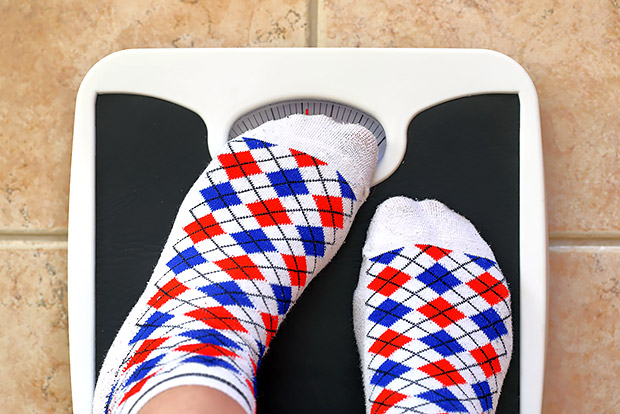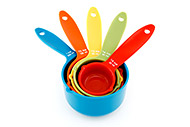
Body weight is an important health indicator, but it is also one of the most complex. Weight fluctuates and often depends on exercise and food intake. A good weigh-in can fill you with motivation, but one that shows a slight gain could also ruin your day. It’s important not to become obsessed with the numbers on the scale.
How often you should weigh yourself depends on your goals and how weighing affects you. When trying to lose weight or prevent weight gain, it’s best to weigh at least once per week. This makes it easier to adjust your eating and exercise as soon as your weight creeps up. Some people find it more effective to weigh in 3 to 7 times per week.
If you take minor fluctuations in stride, weighing every day may work well for you. On the other hand, if a half-pound weight gain makes you feel like throwing in the towel, weighing 1 to 3 times per week may be a better choice.
Remember that your consistency in tracking may be more important than how often you weigh. If you weigh every day, weigh at the same time of day. For less frequent weigh-ins, choose the same days of the week and times of day. Also, pick one scale and stick with it since there are often discrepancies between scales.
Record the number each time you weigh and take note of how you feel. Whether you had a successful loss or a slight gain, note your habits leading up to the weigh-in. This allows you to pinpoint little things contributing to success and barriers that are getting you off track.
Aim to develop a healthy relationship with the scale. Health experts agree that body weight is only one indicator of overall fitness. Track your weight, but don’t allow those numbers to take control of your mood and attitude.



 8 Ways to Overcome a Lack of Support for Weight Loss
8 Ways to Overcome a Lack of Support for Weight Loss
 6 Tips for Controlling Portions
6 Tips for Controlling Portions
 Some People Dream of Success
Some People Dream of Success
 5 Breakfasts Under 300 Calories
5 Breakfasts Under 300 Calories
 4 Things to Know About Negative Calorie Diets
4 Things to Know About Negative Calorie Diets
 Healthy Ways to Motivate Your Friends
Healthy Ways to Motivate Your Friends
 Tips for Keeping a Food Diary
Tips for Keeping a Food Diary
 Common Weight Loss Mistakes
Common Weight Loss Mistakes

 Pinterest
Pinterest RSS Feed
RSS Feed